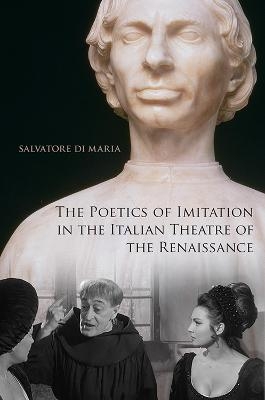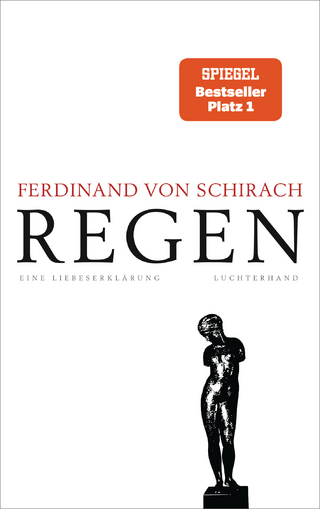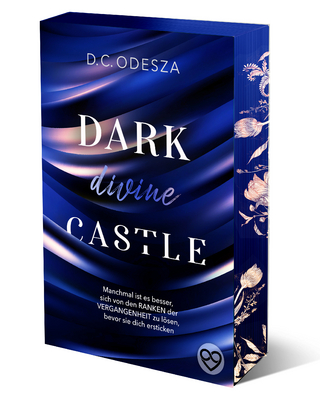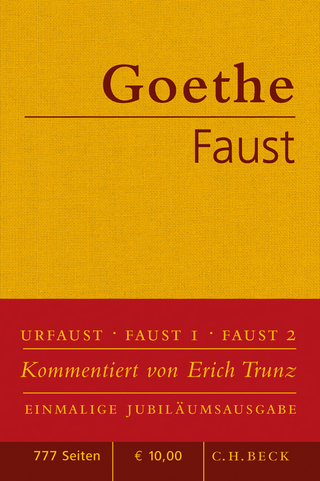
The Poetics of Imitation in the Italian Theatre of the Renaissance
University of Toronto Press (Verlag)
978-1-4426-4712-1 (ISBN)
DiMaria delves into how playwrights not only brought inventive new dramaturgical methods to the genre, but also incorporated significant aspects of the morals and aesthetic preferences familiar to contemporary spectators into their works. By proposing the theatre of the Italian Renaissance as a poetic window into the living realities of sixteenth-century Italy, he provides a fresh approach to reading the works of this period.
Salvatore DiMaria is a professor in the Department of Modern Foreign Languages and Literatures at the University of Tennessee.
Preface
Chapter I. Imitation: The link between past and present
1. The Humanists turn to the Ancients
2. From the Classical stage to the theater of Renaissance
3. The poetics of the new theater
Chapter II. Machiavelli’s Mandragola
1. The characters: imitation vs. source
2. New characters
3. Machiavellian morality
Chapter III. Clizia. Form stage to stage
1. The sons
2. The fathers
3. The wives
4. A Machiavellian perspective
Chapter IV. Cecchi’s Assiuolo: An apian imitation
1. A contaminatio of sources
2. Ambrogio: An original amator senex
3. Oretta’s immorality as a reflection of the times
Chapter V. Groto’s Emilia: Fiction meets reality
1. From the sources to the adaptation
2. The stage pretense of realism undermined
3. Erifila: a Venetian courtesan.
Chapter VI. Gli duoi fratelli rivali. Della Porta adapts Bandello’s prose narrative to the stage
1. The source’s King vs. the play’s Viceroy
2. Eufranone vs. Lionato
3. The women
4. New characters and the comic element
Chapter VII. Orbecche: Giraldi’s imitation of his own prose narrative
1. The plot
2. Orbecche and the question of womanhood
3. Sulmone vs. Malecche: The debate on kingly prerogatives
4. Machiavellian princeship anchored to religious morality
Chapter VIII. Dolce’s Marianna: From history to the stage
1. The historical source
2. Josephus’ Herod vs. Dolce’s Erode
3. Mariamme vs Marianna
4. Erode and the theater audience
Conclusion
Endnotes
Bibliography
| Reihe/Serie | Toronto Italian Studies |
|---|---|
| Verlagsort | Toronto |
| Sprache | englisch |
| Maße | 159 x 237 mm |
| Gewicht | 500 g |
| Themenwelt | Literatur ► Lyrik / Dramatik ► Dramatik / Theater |
| Geisteswissenschaften ► Sprach- / Literaturwissenschaft ► Anglistik / Amerikanistik | |
| Geisteswissenschaften ► Sprach- / Literaturwissenschaft ► Literaturwissenschaft | |
| ISBN-10 | 1-4426-4712-4 / 1442647124 |
| ISBN-13 | 978-1-4426-4712-1 / 9781442647121 |
| Zustand | Neuware |
| Haben Sie eine Frage zum Produkt? |
aus dem Bereich


